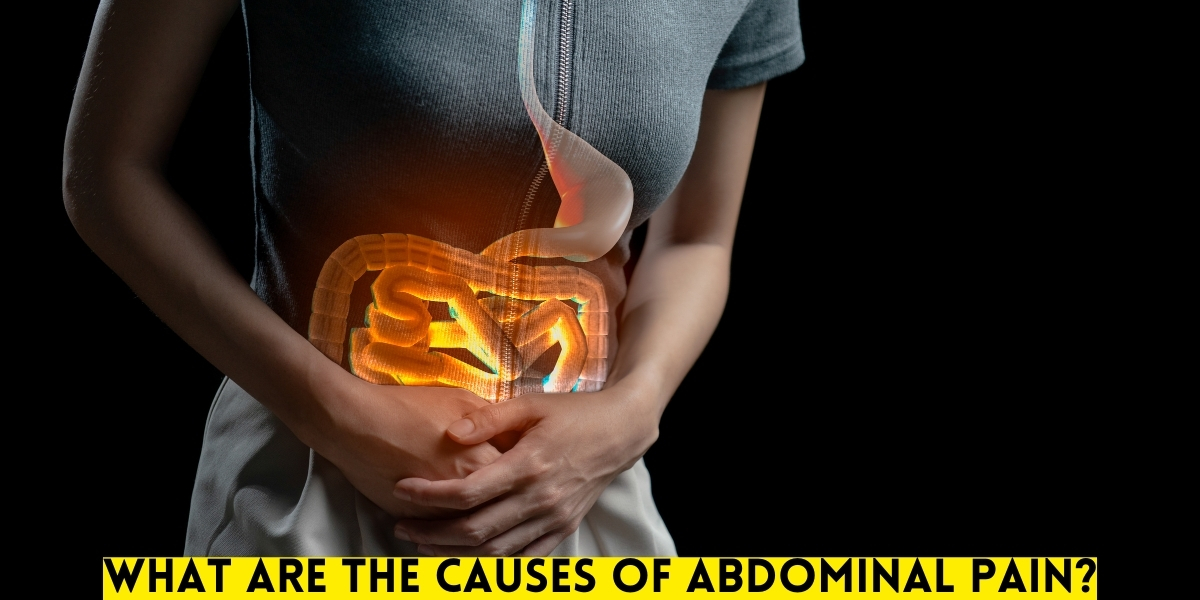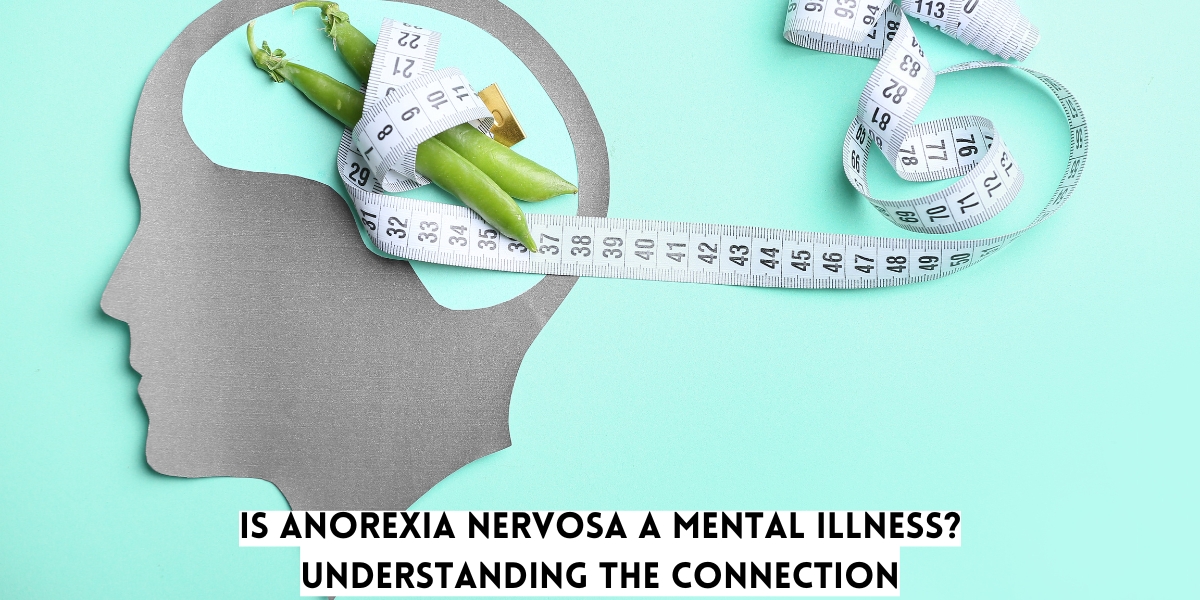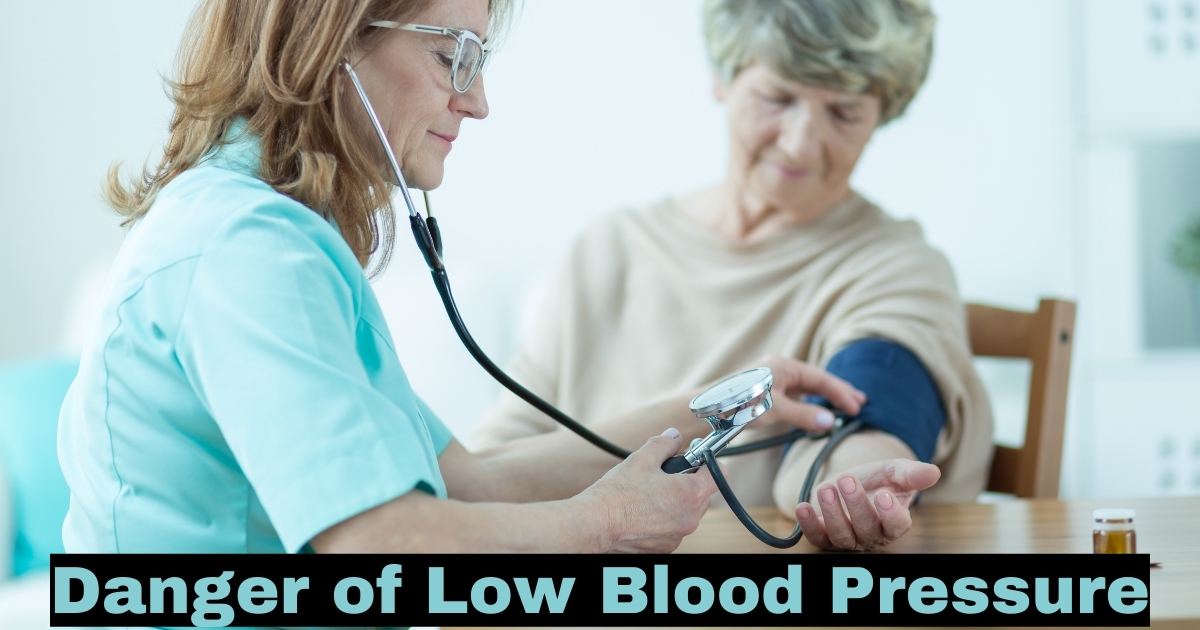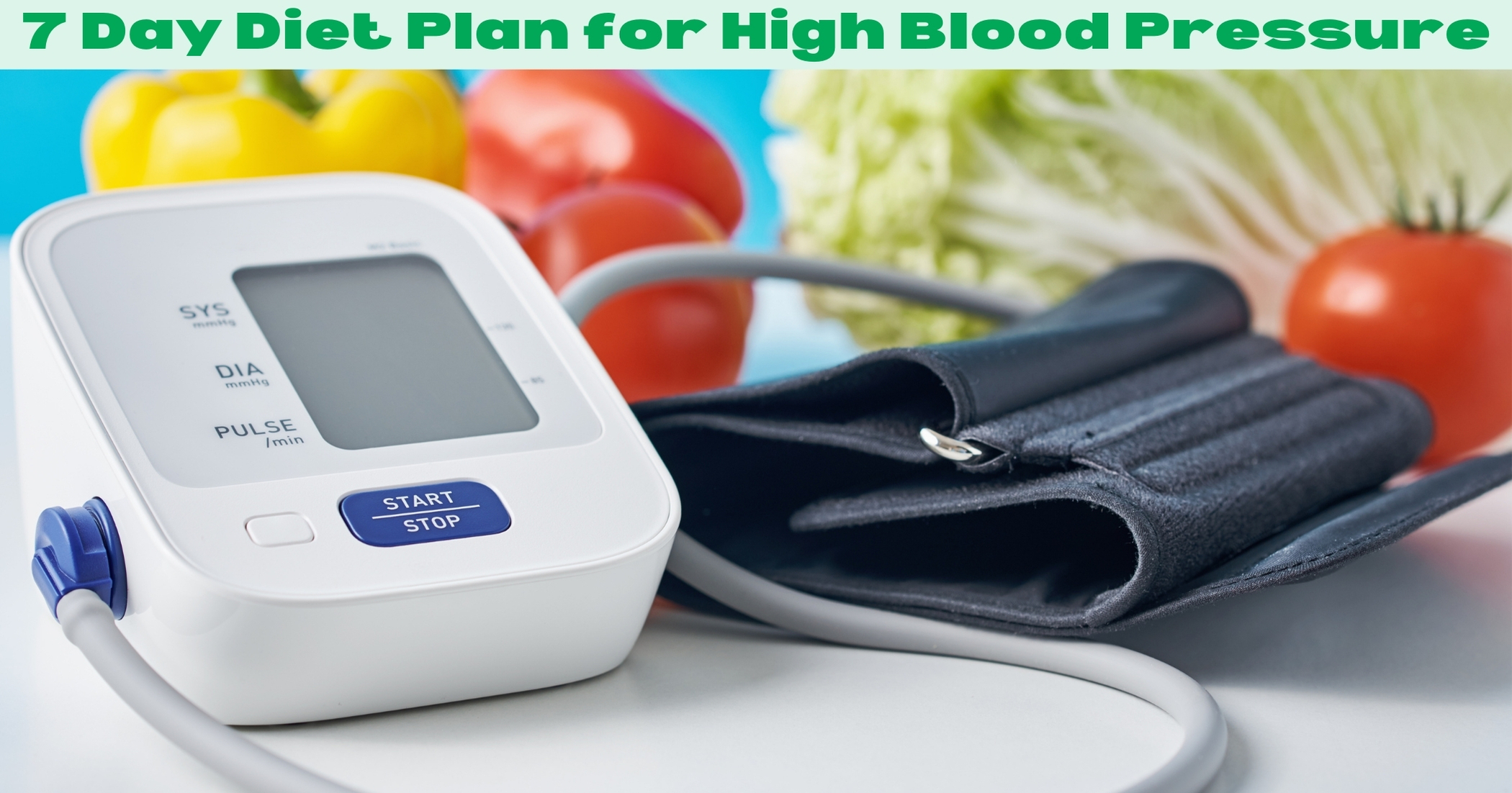Welcome! If you’re here, you’re probably having stomach pain or are just interested in what might be causing it. Pain in the abdomen can be very bothersome. It can be caused by anything from a minor problem to something that immediately needs medical help. We’ll go into much detail about what are the causes of abdominal pain to help you figure out what might be going on. Let’s figure it out together!
Table of Contents
ToggleA Quick Look at Abdominal Pain
People often say they have abdominal pain, which can come from several different places. The stomach, intestines, liver, and kidneys are all in the abdomen. Pain can come from any of these places or even from parts of the body outside the abdomen that affect it. It can help to know what’s causing the pain if it’s sharp, dull, crampy, or always there.
Importance of Understanding the Causes
Finding out what are the causes of abdominal pain very important because it helps you decide whether you can handle the pain at home or if you need to see a doctor. Finding the cause enables you to get the proper treatment and prevents problems from happening.
Gastrointestinal Causes
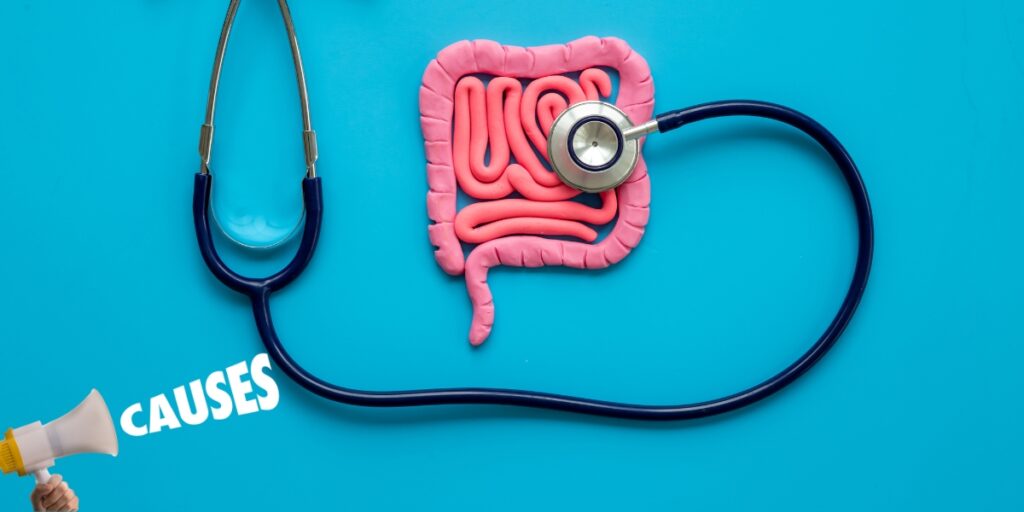
Indigestion (Dyspepsia)
Abdominal pain, also called dyspepsia, is often caused by indigestion. It usually feels bad or hurts in the upper belly and can be caused by overeating, eating too quickly, or eating spicy or fatty foods. Stress can also be a factor. Having indigestion could be the cause of feeling fat or uncomfortable after cooking.
Gastritis
Gastritis is an inflammation of the stomach lining that can hurt the upper belly like it’s on fire. Common causes include:
- An H. pylori infection.
- Drinking too much alcohol.
- Taking NSAIDs like ibuprofen for a long time.
People with gastritis may also feel sick, throw up, or have a full feeling in their upper belly.
Gastroesophageal Reflux Disease (GERD)
People with GERD have heartburn and chest pain when acid from the stomach runs back into the esophagus. The lower esophageal sphincter, which usually stops stomach acid from moving, gets weak or relaxes incorrectly. Foods that are high in fat, chocolate, caffeine, and smoking are common causes. GERD can be very painful, and you may need to make changes to your lifestyle or take medicine to control it.
Peptic Ulcers
Peptic ulcers are sores that appear on the walls of the stomach or duodenum. They are usually caused by an H. pylori illness or long-term use of NSAIDs. The pain feels like burning in the stomach area, and it can get worse when the stomach is empty. Some people who are in this kind of pain may also feel bloated and sick.
Appendicitis
It is an inflammation of the appendix, which is a small pouch connected to the big intestine. A dull pain that starts near the belly button and moves to the lower right side of the abdomen is a common sign of this condition. Usually, the pain gets very sharp and sour. Some other signs are feeling sick, throwing up, and having a fever. If you have appendicitis, you need to see a doctor right away. Often, surgery is required to remove the appendix.
Gallstones
The gallbladder can get gallstones, hard deposits that can get in the way of the flow of bile and hurt. The pain is usually in the upper right part of the belly and can be very bad. Gallstones can also make your liver swell or get an infection. If you’re in this much pain, especially after eating something heavy, you may have gallstones.
Weak pancreas
Pancreatitis is a disease of the pancreas that can hurt your stomach and send pain to your back. Along with the pain, you may feel sick, throw up, and have a fever. Chronic alcohol use and gallstones are two common reasons. Most of the time, treatment includes staying in the hospital and dealing with the cause.
Irritable Bowel Syndrome (IBS)
IBS is a long-term disease that affects the large intestine. It causes cramping, bloating, and changes in bowel habits, such as going to the bathroom more often or less often. The exact cause of IBS is not known, but worry and what you eat can frequently make it worse. Managing IBS usually means changing your food and learning how to deal with stress.
Inflammatory Bowel Disease (IBD)
IBD includes diseases like Crohn’s disease and ulcerative colitis that make the digestive tract swell and hurt constantly. Symptoms often include stomach pain that won’t go away, diarrhea, and weight loss. These conditions need to be managed regularly, which usually means taking medicine and making changes to your food.
Constipation
When you have constipation, your stomach may feel uncomfortable and hurt. It’s usually because they don’t eat enough fiber, drink enough water, or move enough. The pain is generally eased by going to the bathroom. To treat constipation, people typically need to change what they eat, stay hydrated, and take over-the-counter laxatives.
Diverticulitis
Diverticulitis happens when small pouches (diverticula) in the gut become swollen or contaminated. This illness can lead to pain in the lower left belly, fever, and changes in bathroom habits. Eating a lot of fiber can avoid diverticulitis, but it is usually treated with medicines and, in the worst cases, surgery.
Reproductive System Causes
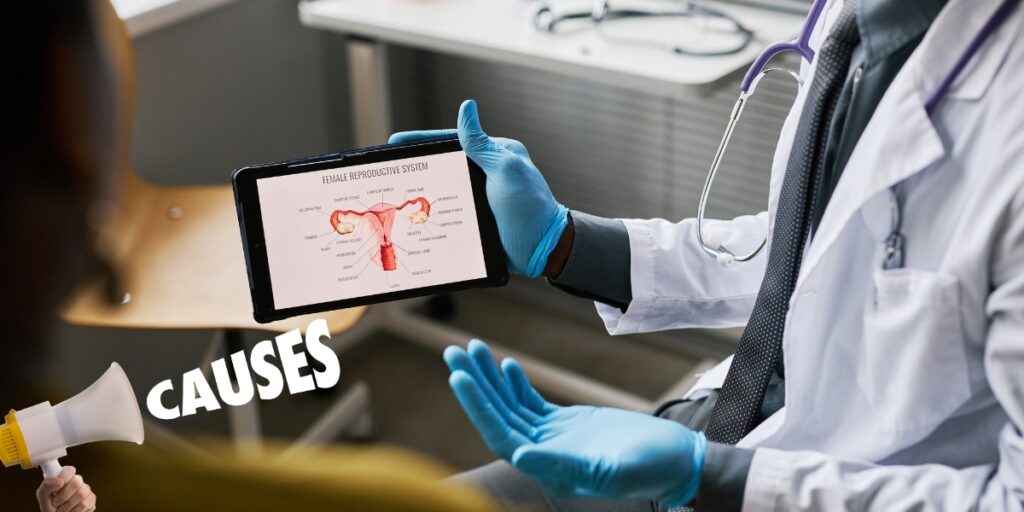
Menstrual Cramps (Dysmenorrhea)
Women often feel pain in their stomachs during their periods. They happen because the uterus contracts when a woman is having her period. The pain may begin one or two days before your period and last for several days. Menstrual cramps can be managed with over-the-counter painkillers and heat treatment.
Endometriosis
Endometriosis is a disease in which tissue that looks like the lining of the uterus grows outside of it. This can make your pelvic area hurt a lot, especially when you’re having your period. Pain during sexual activity and infertility are some of the other signs. Hormone therapy and surgery are two types of treatment.
Ovarian Cysts
Ovarian cysts are sacs on the ovaries that are full of fluid. For most people, they hurt in the lower belly. The pain can be sharp or dull. Many ovarian cysts are harmless and go away on their own. Still, more extensive or more chronic cysts may need medical help.
PID stands for Pelvic Inflammatory Disease.
Female reproductive organ diseases, or PID, are most often caused by sexually transmitted infections (STIs). Lower abdominal pain, fever, and unusual fluid are all signs. If you don’t treat PID immediately, it can lead to significant problems, so you need to see a doctor immediately.
Not a Normal Pregnancy
When a fertilized egg implants outside the uterus, commonly in a fallopian tube, this is called an ectopic pregnancy. This condition can cause sharp pain in the abdomen, which is often followed by bleeding. It’s a medical emergency that must be treated immediately, generally with medicine or surgery.
Urinary System Causes
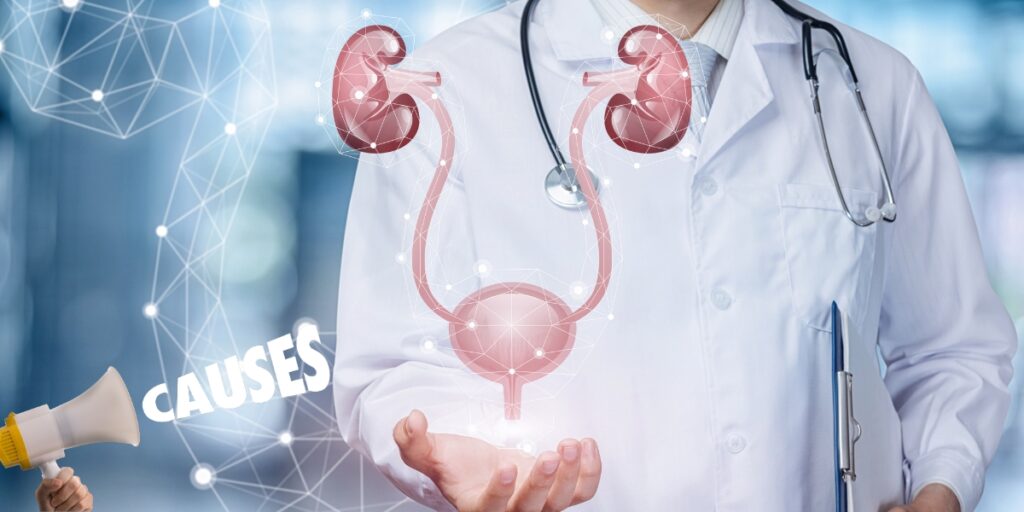
Urinary Tract Infection (UTI)
A urinary tract infection (UTI) can happen in the bladder, kidneys, or other part of the urine system. Symptoms include lower stomach pain, burning pain when you urinate, and having to go to the bathroom a lot. Antibiotics are usually used to treat UTIs, and staying hydrated and practicing good hygiene can help you avoid getting them.
Stones in the kidneys
Kidney stones are hard deposits that build up in the kidneys and can be painful, sometimes called “colic.” The pain usually starts in the back and goes to the lower abdomen and groin. Painkillers, staying hydrated, and sometimes surgery to remove the stones are all parts of treatment.
Other Causes
Hernia
A hernia occurs when an organ or tissue pushes through a weak spot in the stomach wall. This can make the area bulge and hurt, especially when moving heavy things or straining. Often, surgery is needed to fix the hernia.
Aneurysm in the abdominal aorta
An abdominal aortic aneurysm is a bulging of the aorta in the abdomen. It can hurt the abdomen or back and feel like it’s beating fast. It’s a dangerous condition that needs surgery to keep it from rupturing.
Poisoning by Food
If you eat contaminated food, you could get food poisoning, which can cause stomach pain, sickness, vomiting, and diarrhea. Rest and staying hydrated are generally enough to treat it; the symptoms disappear in a few days.
Weak intestines
Gastroenteritis, which means inflammation of the stomach and intestines, can cause vomiting, stomach cramps, and diarrhea. It is often caused by illnesses with viruses or bacteria. Keeping yourself hydrated and eating bland foods can help you deal with your symptoms.
Mesenteric Ischemia
Mesenteric ischemia occurs when the intestines don’t get enough blood, and it can be caused by blood clots or atherosclerosis. It may lead to serious stomach pain, feeling sick, and throwing up. Getting to the root of the problem is usually part of treatment, and surgery may be needed.
Less Common Causes
Celiac Disease
Gluten hurts the small intestine in people with celiac disease, an autoimmune problem. Some of the signs are stomach pain, diarrhea, and weight loss. The condition can be controlled by following a strict gluten-free diet.
Liver Disease
Liver diseases like cirrhosis and hepatitis can make your stomach hurt, turn yellow, and swell up. Depending on the state of the liver, treatment may include:
- Medicine.
- Changes to the way you live.
- Even a liver transplant in the worst cases.
Stress and worry
Abdominal pain can sometimes be caused by stress and worry. Emotional worry can show up in the body as cramps or other discomfort. Learning how to deal with stress and getting therapy can help in these situations.
When to Seek Medical Attention
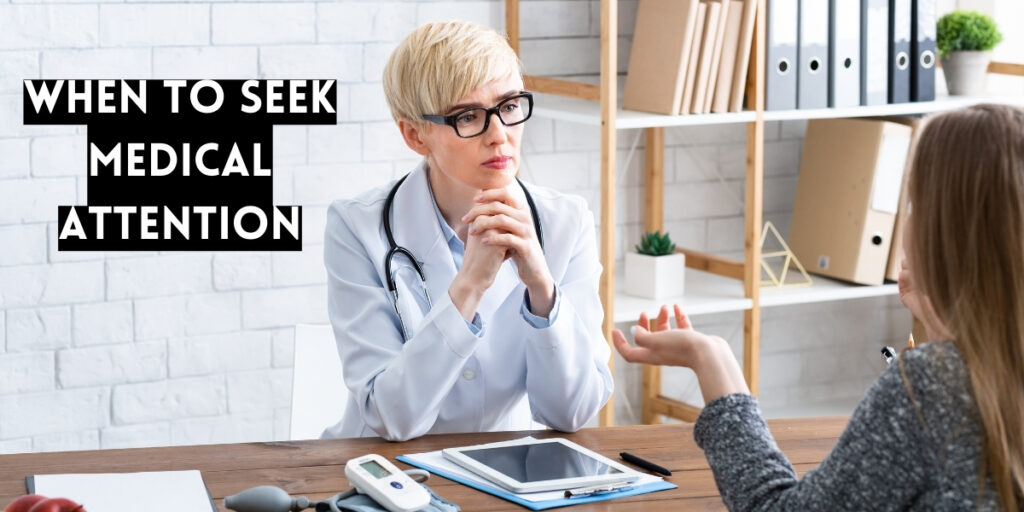
Severe Pain
If you have sudden, severe abdominal pain, it could be a sign of a significant problem that needs medical help right away. This is especially true if the pain lasts for a long time and is very bad.
Pain that Lasts
If you have pain that lasts more than a few days or worsens over time, you should see a doctor to determine the cause and how to treat it.
Symptoms That Come Along
Watch for other signs, like fever, vomiting, chest pain, blood in the stool or vomit, jaundice, or a significant increase in stomach swelling. What could these signs mean?
Conclusion

Inflammation, stress, and dangerous illnesses like appendicitis are just some of the things that can cause abdominal pain. Figuring out what are the causes of abdominal pain can help you decide when to see a doctor and how to best deal with your symptoms. If you have other worrying signs, you should see a doctor if you are in constant or severe pain. Getting an evaluation and treatment as soon as possible is very important for maintaining your health and well-being.

